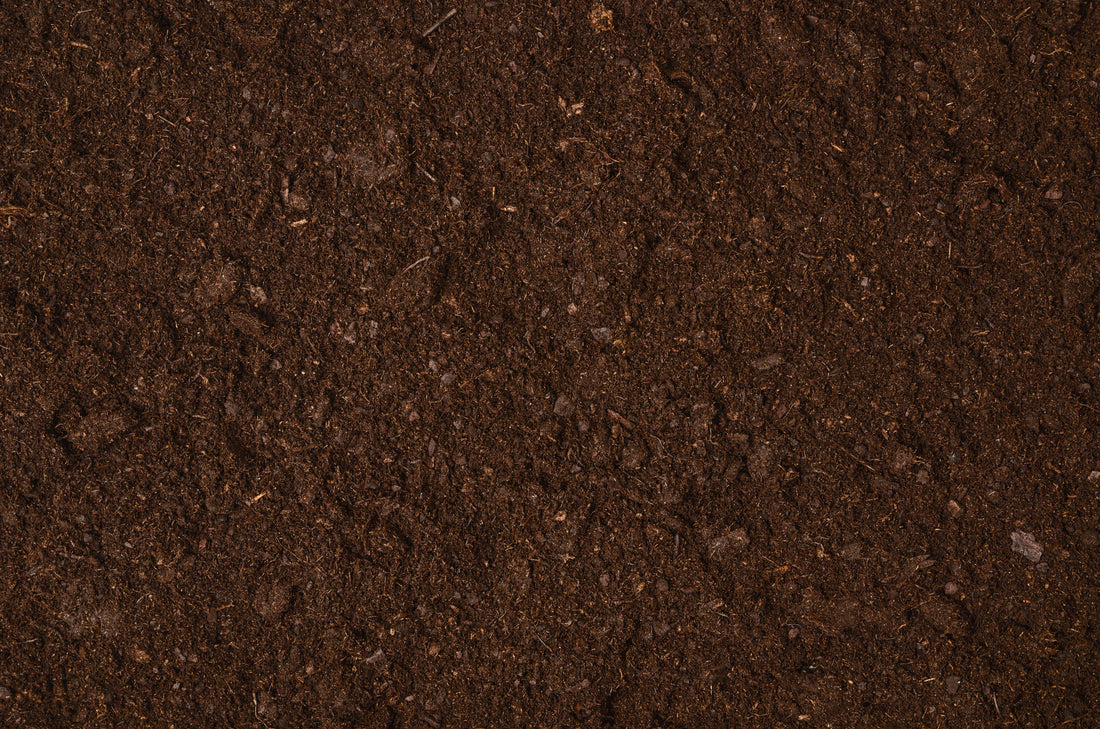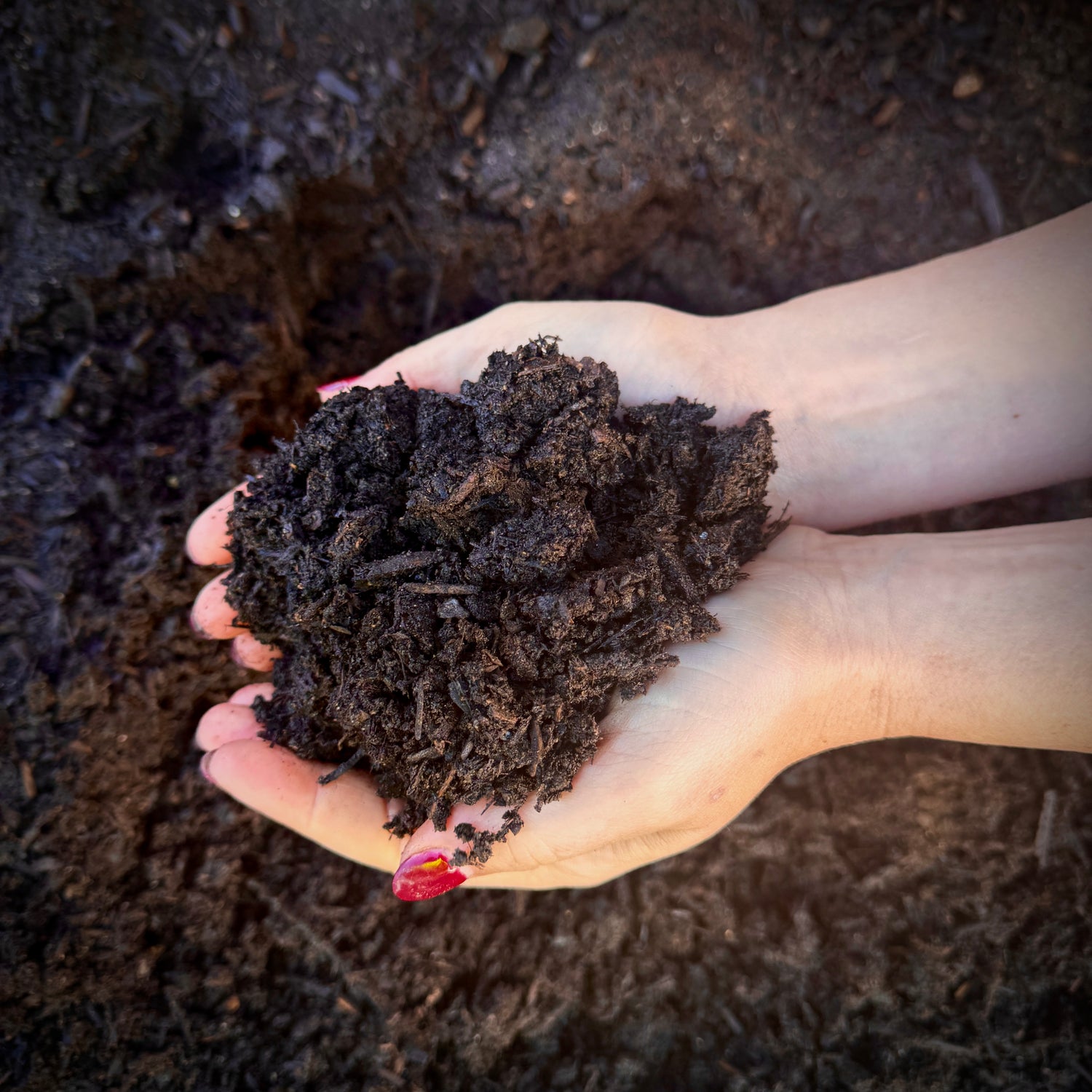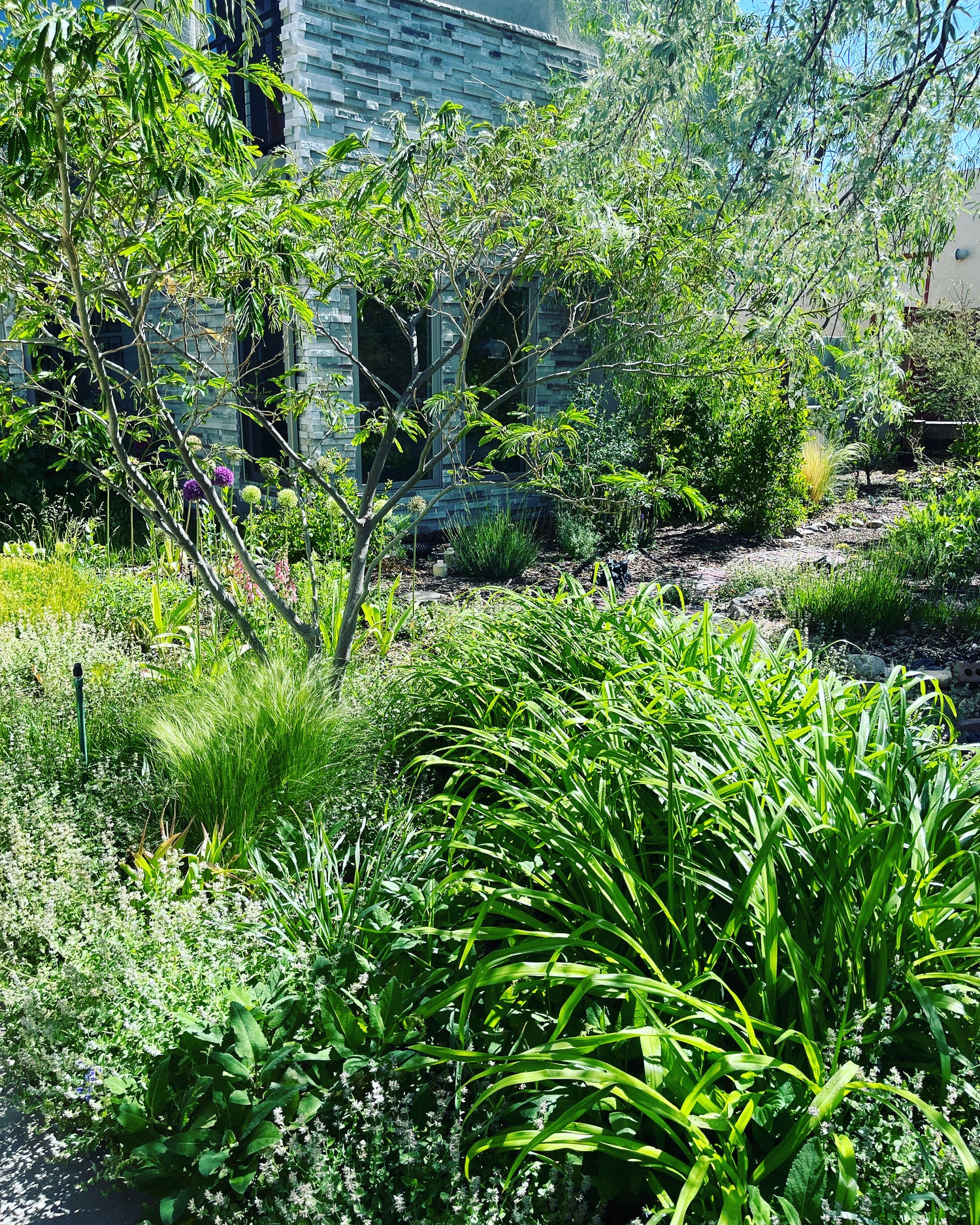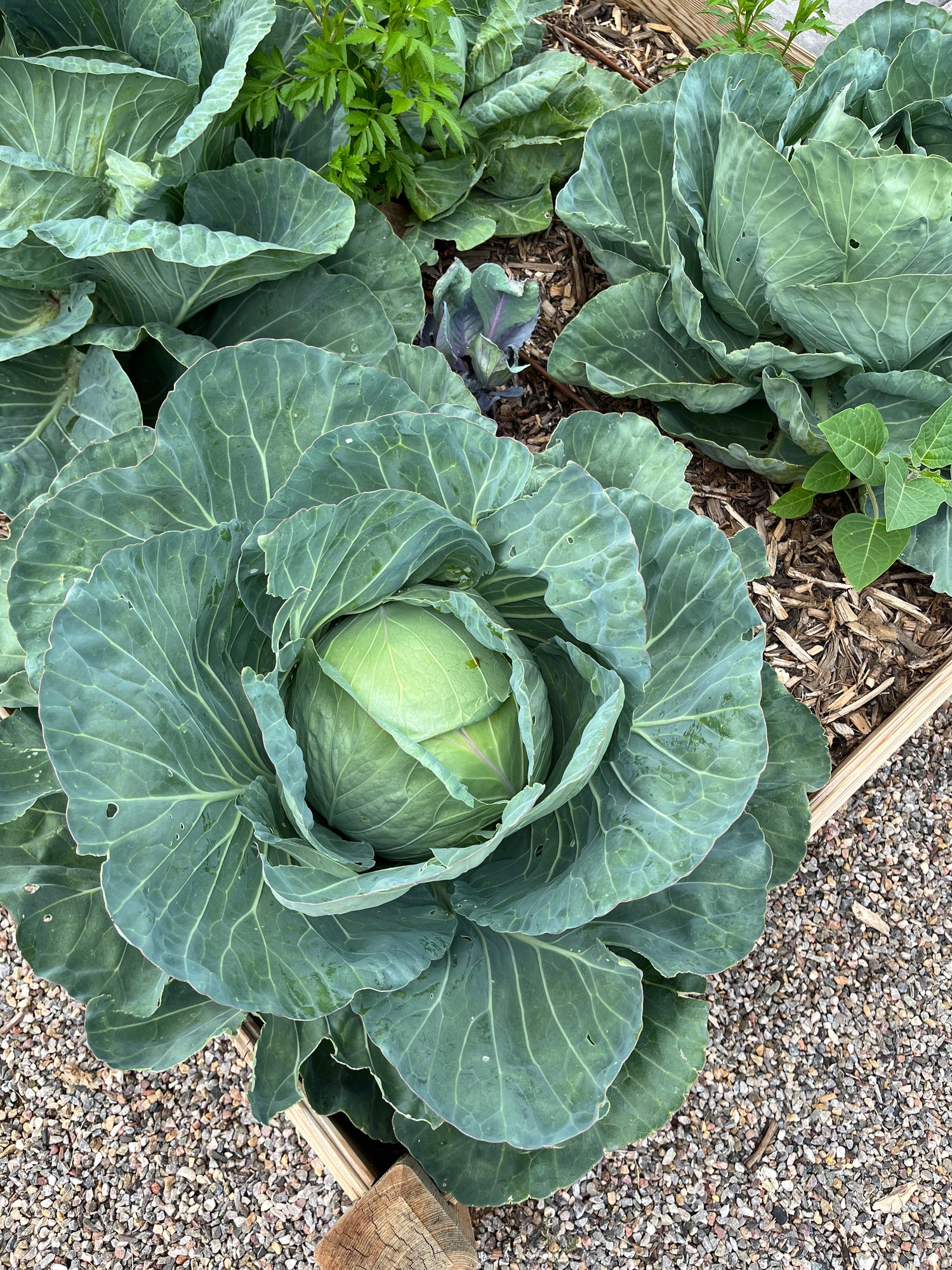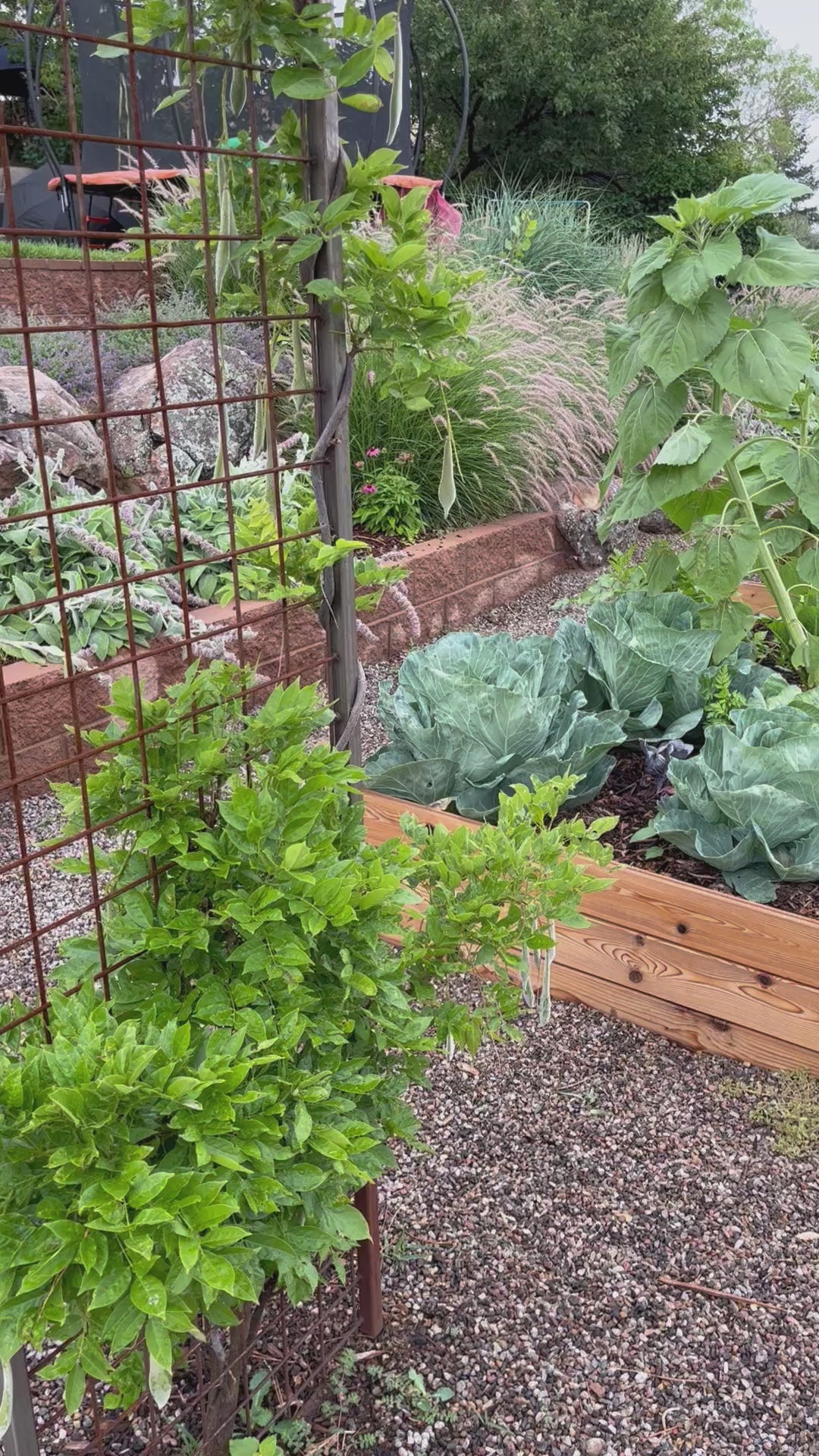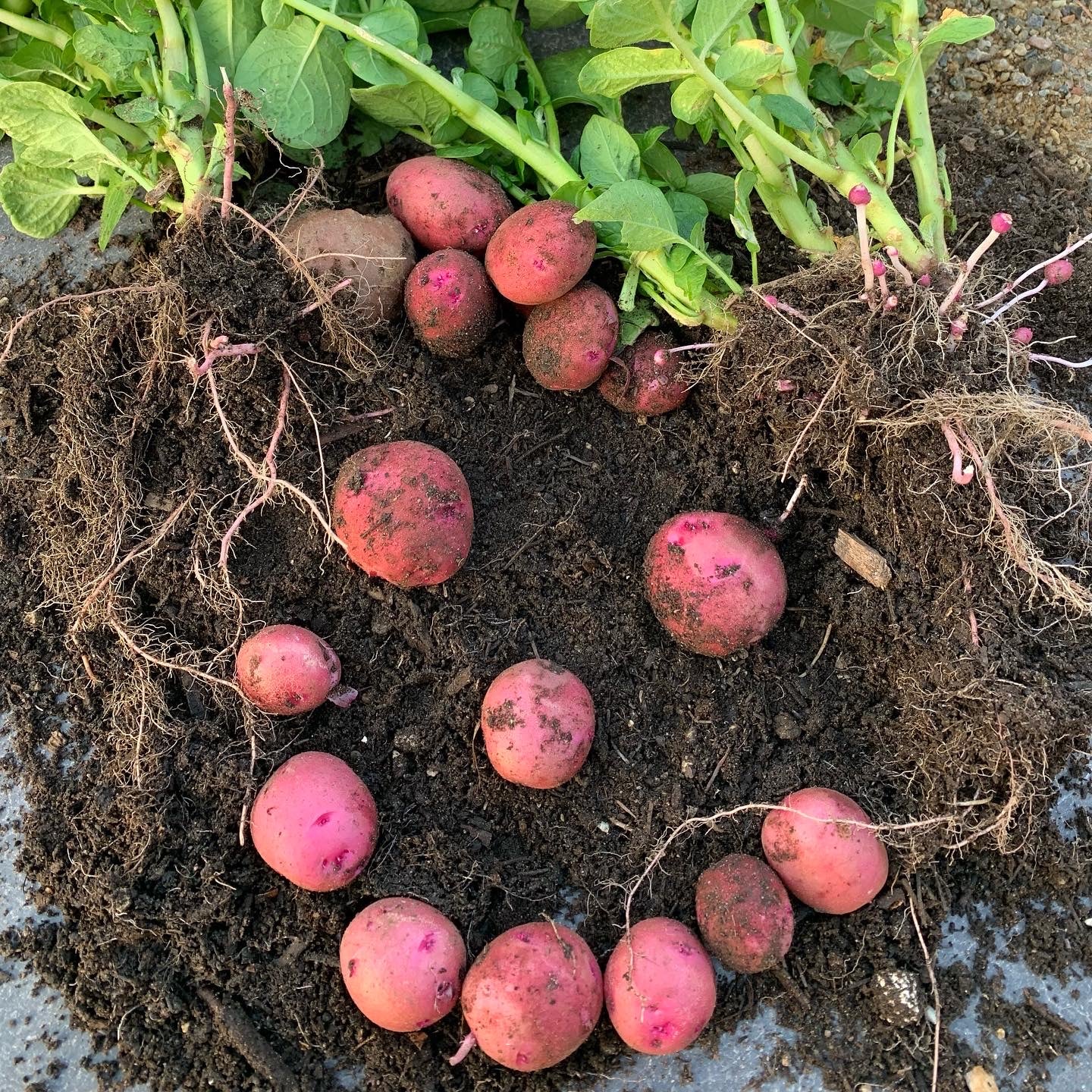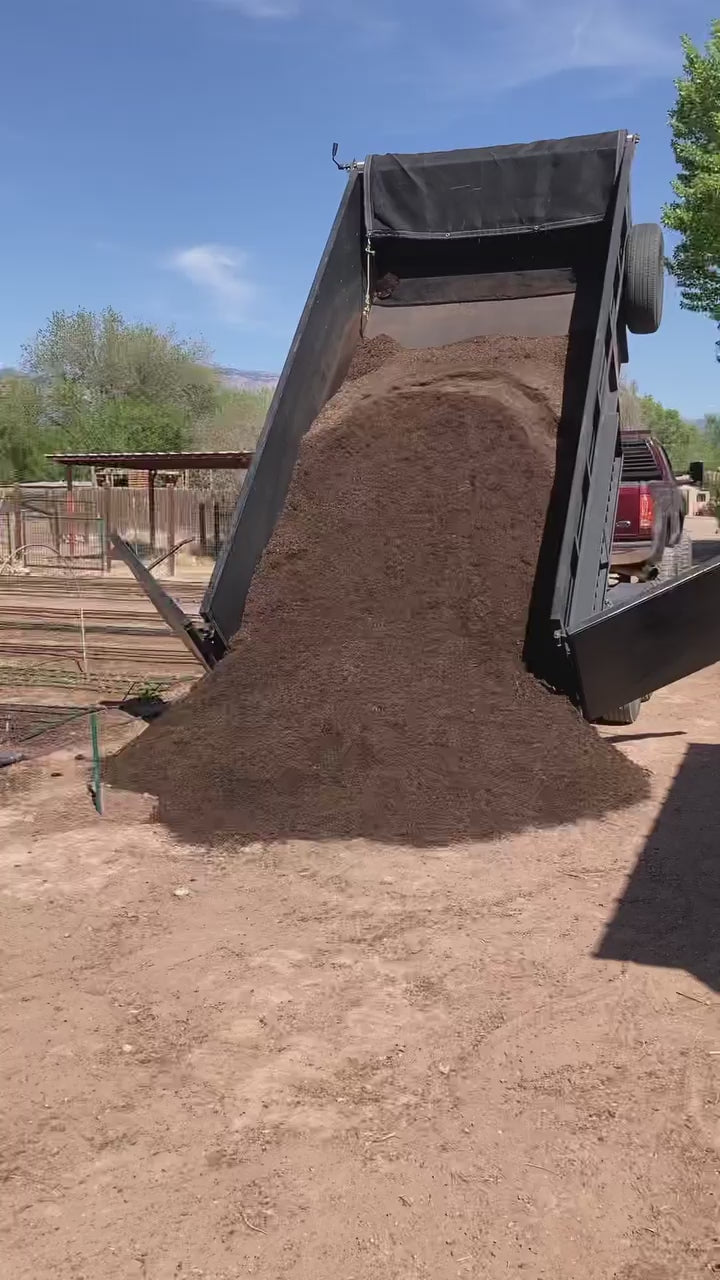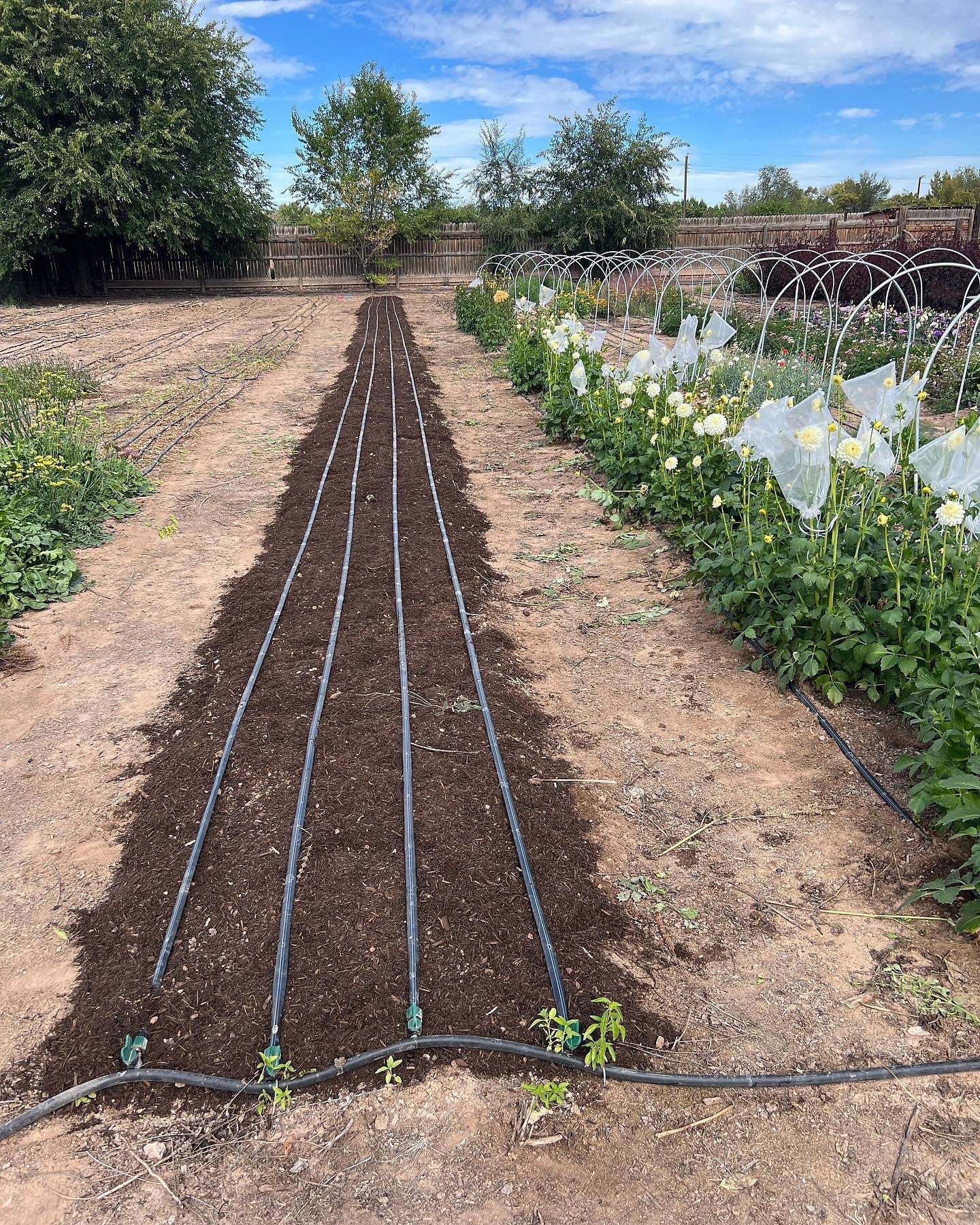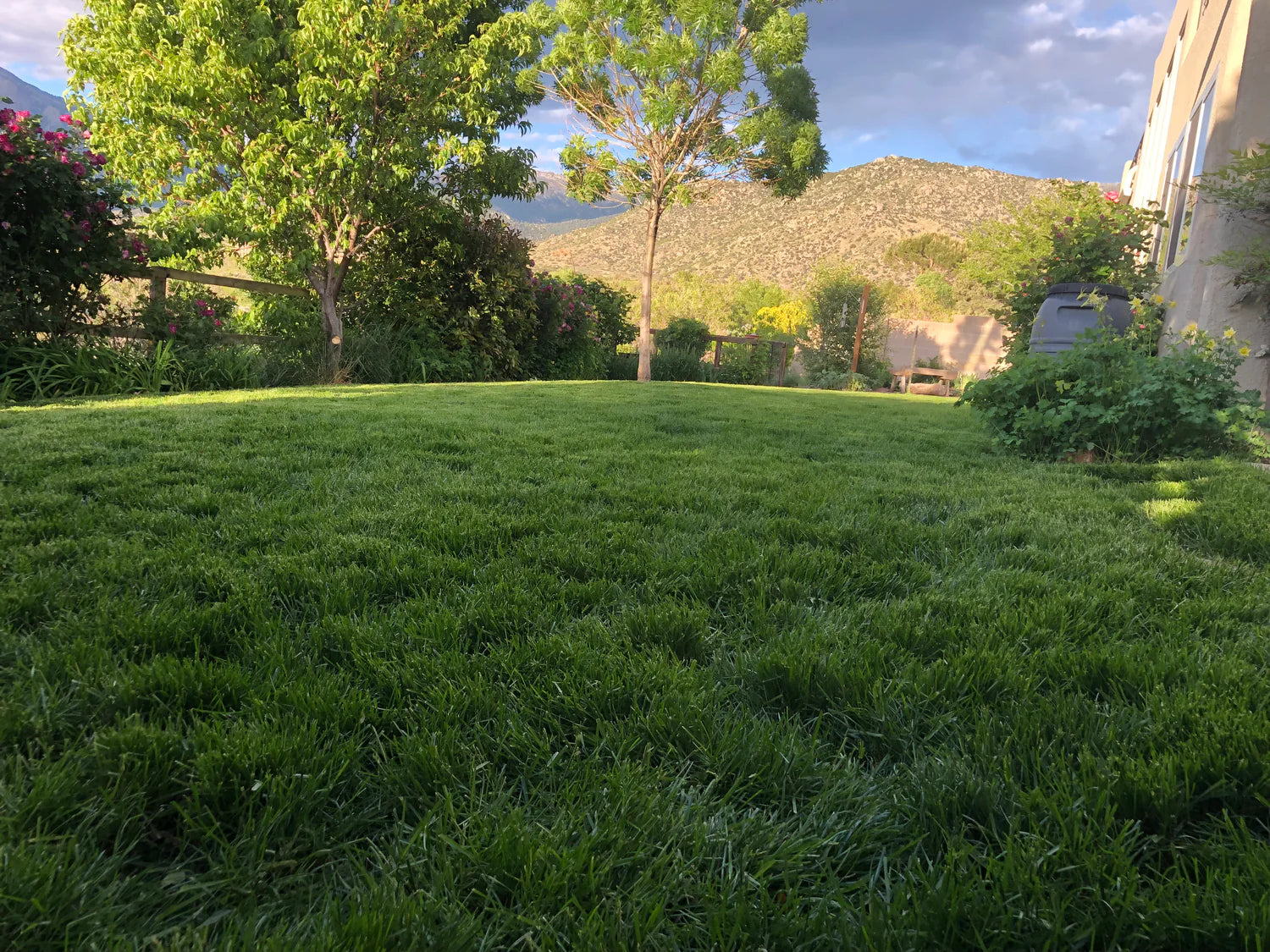What is Compost?
Simply put, compost is nature's magic! Compost is Mother Nature's fertilizer and soil food. Comprised of decomposed organic matter rich in nutrients and teeming with beneficial microbial life like bacteria, fungi, nematodes, protozoa, earthworms and so much more, compost is a vital component to cultivating and maintaining healthy soil. Compost transforms dirt into healthy soil, making it ready for agriculture, horticulture, home gardens and even houseplants.
What is the Difference Between Dirt, Soil and Compost?
- Compost is decomposed organic material. It is a soil amendment that when mixed with dirt provides vital nutrients for the microbiology and plants to create a complete healthy soil. Plants should never be planted directly into pure compost, because the rich organic matter lacks the mineral content necessary to form a complete soil, which can cause plants to become overwhelmed.
- Dirt refers to particulate mineral matter that is made up of sand, silt, clay and rocks. While these components are an important element for plants, dirt lacks vital microorganisms and nutrients. Planting directly into dirt typically will not create good results because your plant will not be able to get the necessary nutrients from its root environment for growth.
- Healthy Soil contains dirt as well as organic matter (Compost + Dirt = SOIL!). A complete soil is a balanced ratio of organic matter and minerals (comprised of sand, silt and clay) that serve as the robust world for billions of living microorganisms--who are the ones actively building soil structure and cycling nutrients to feed your plants!
How Soilutions Compost Has Helped Farm47
7 Reasons to Add Compost to Your Yard
- Compost enhances overall soil health by adding nutrients and beneficial organisms.
- Compost help improve water retention capabilities of loose, sandy soil and also facilitates improved aeration and drainage capabilities to hard, clay soils by building soil structure.
- The organic material in compost helps prevent soil erosion. The water retention properties of compost keeps water from running off the soil surface. A 5% increase in organic material can increase the amount of water absorption capacity of soil by 4 times!*
- Compost helps to neutralize all soil types. Adding compost leads to soil which is better balanced– not too acidic or too alkaline. Neutral soil is the perfect environment for the growth of most garden plants.
- A layer of compost to your lawn adds necessary nutrients back into your soil for a greener yard and helps deter thatch. Thatch is a condition where dead debris from stems and roots builds up on the surface of your soil requiring manual raking or machine-powered dethatcher to allow your lawn to flourish.
- Compost added to soil aids in the sustainability and diversification of many lifeforms. From earthworms to fungi, beneficial bacteria and insects; healthy soil is simply richer in the necessary nutrients for all creatures to thrive. When there are more beneficial life forms living in the soil, plants grow happier and healthier!
- Compost acts as a chemical- free slow-release fertilizer. Adding compost to your garden soil can boost the production of both ornamental and edible plants while remaining safe for your pets, children and family.
SOILUTIONS RECOMMENDS: Apply a 1-2” deep layer of Soilutions Compost to the surface of your garden beds, tree wells, lawn and raised bed gardens annually in the fall and/or spring to keep your soil fertile and high in organic matter.
*BioCycle October 2024 newsletter Globalhealing.com
SOILUTIONS COMPOST - DELIVERED
- Precio regular
-
$
129.00 / CUBIC YARD DELIVERED - Precio regular
-
- Precio de venta
-
129.00
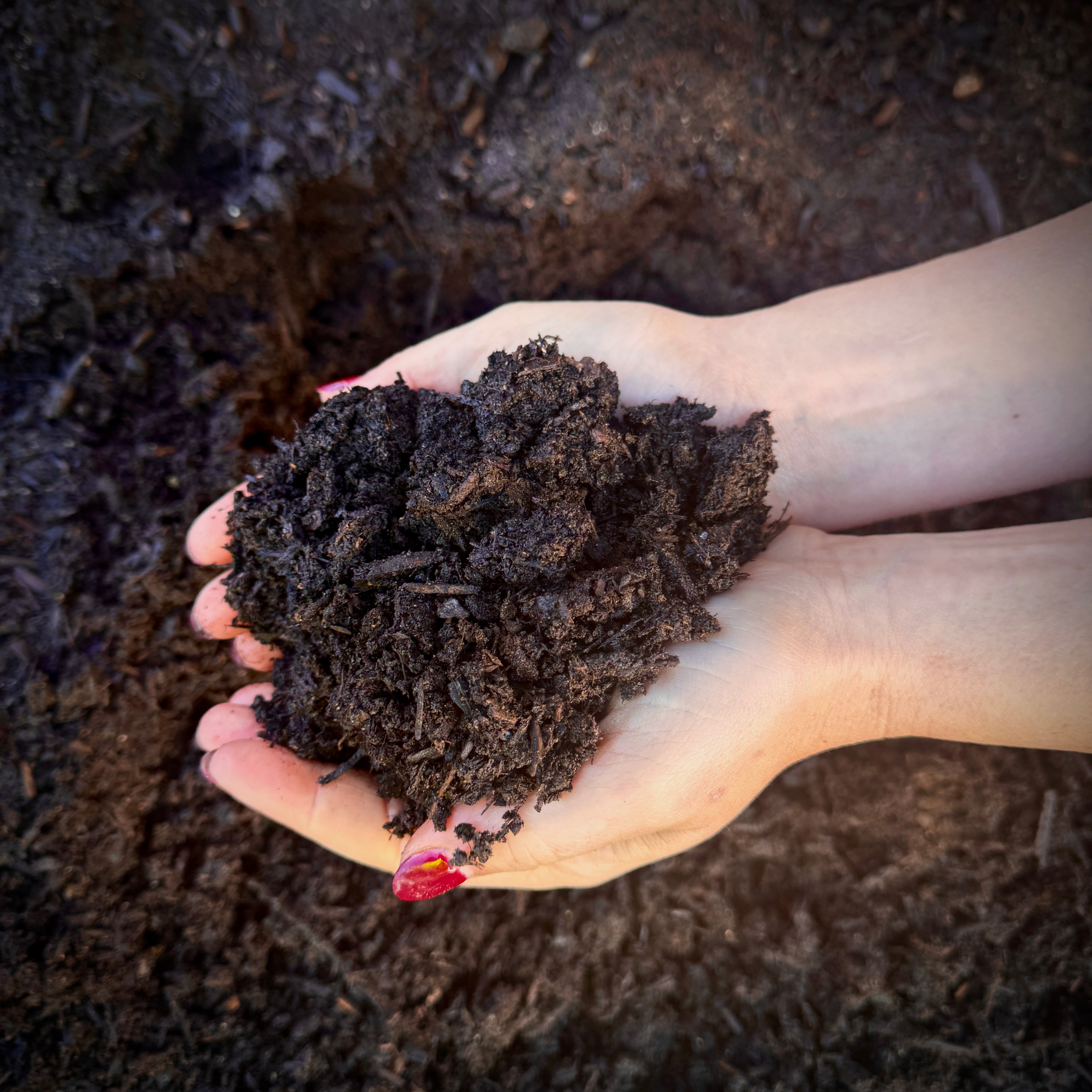
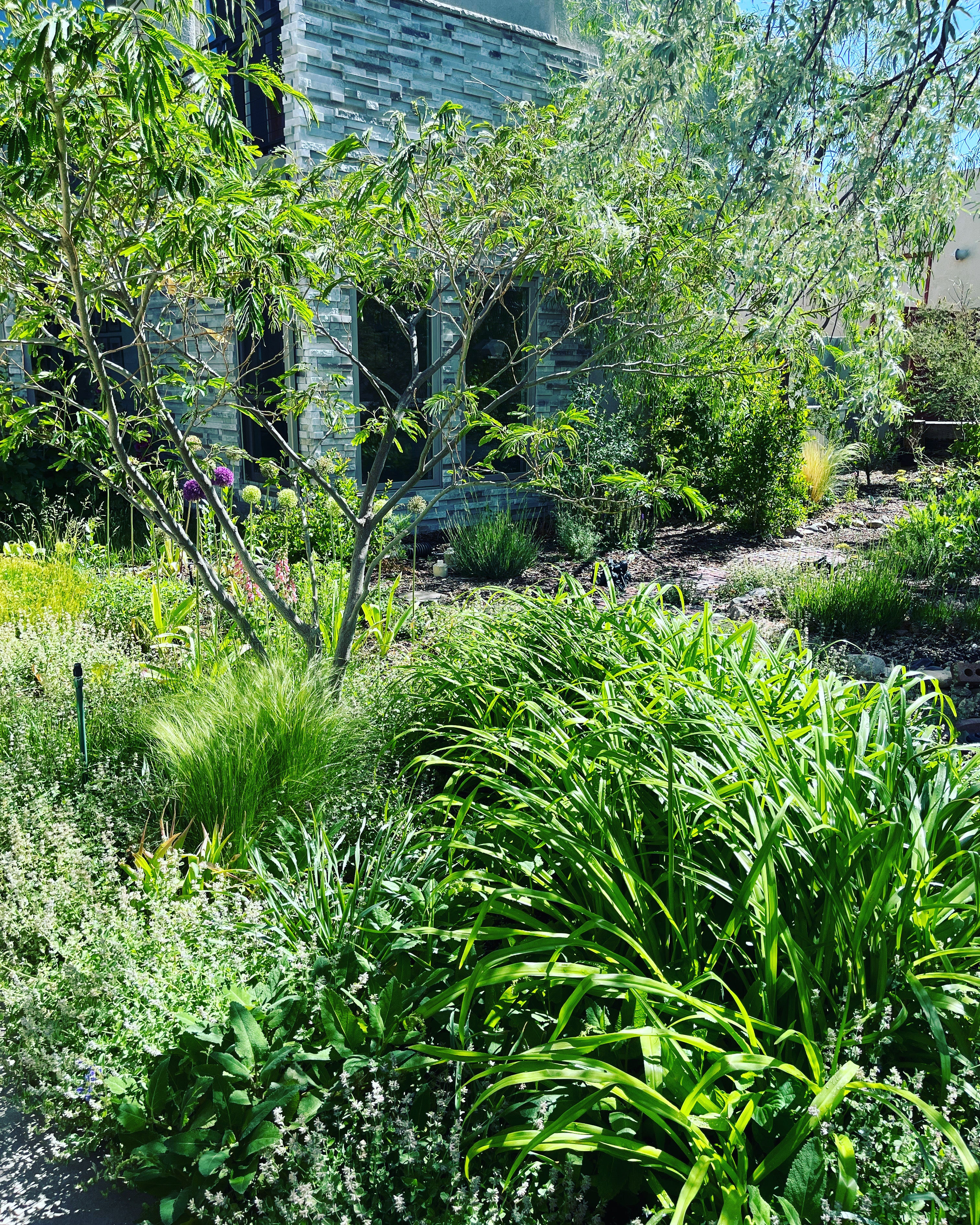



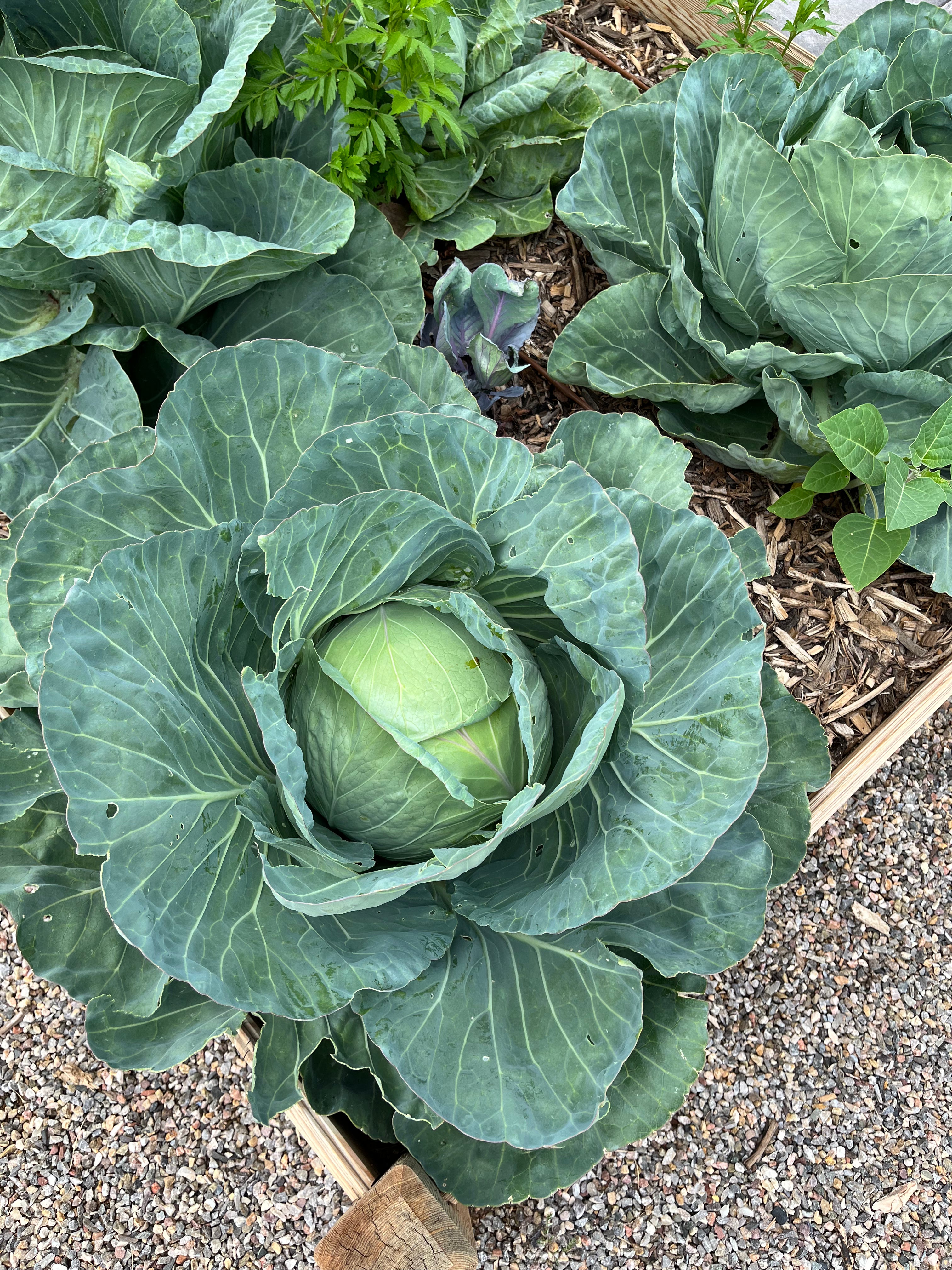
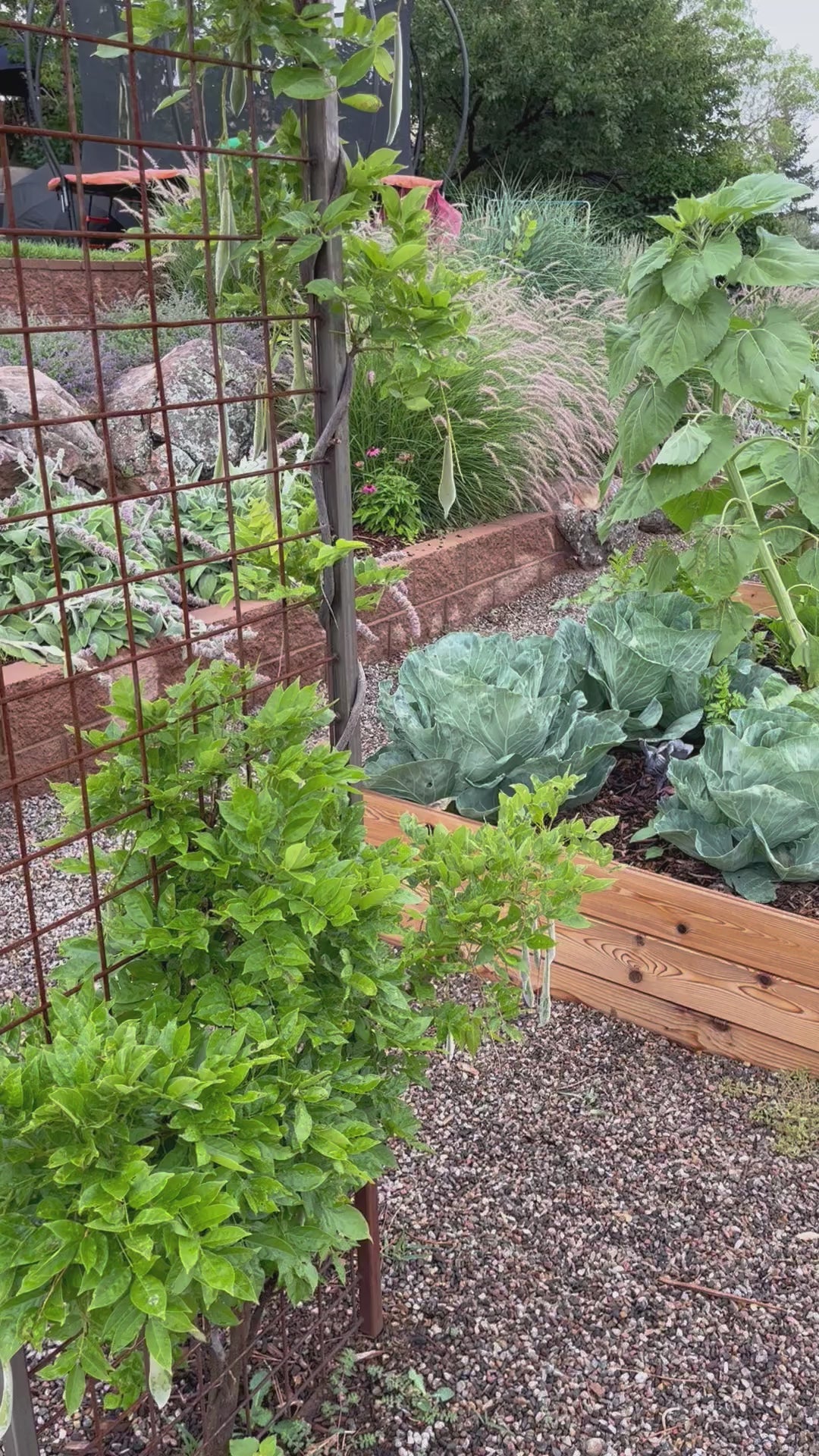
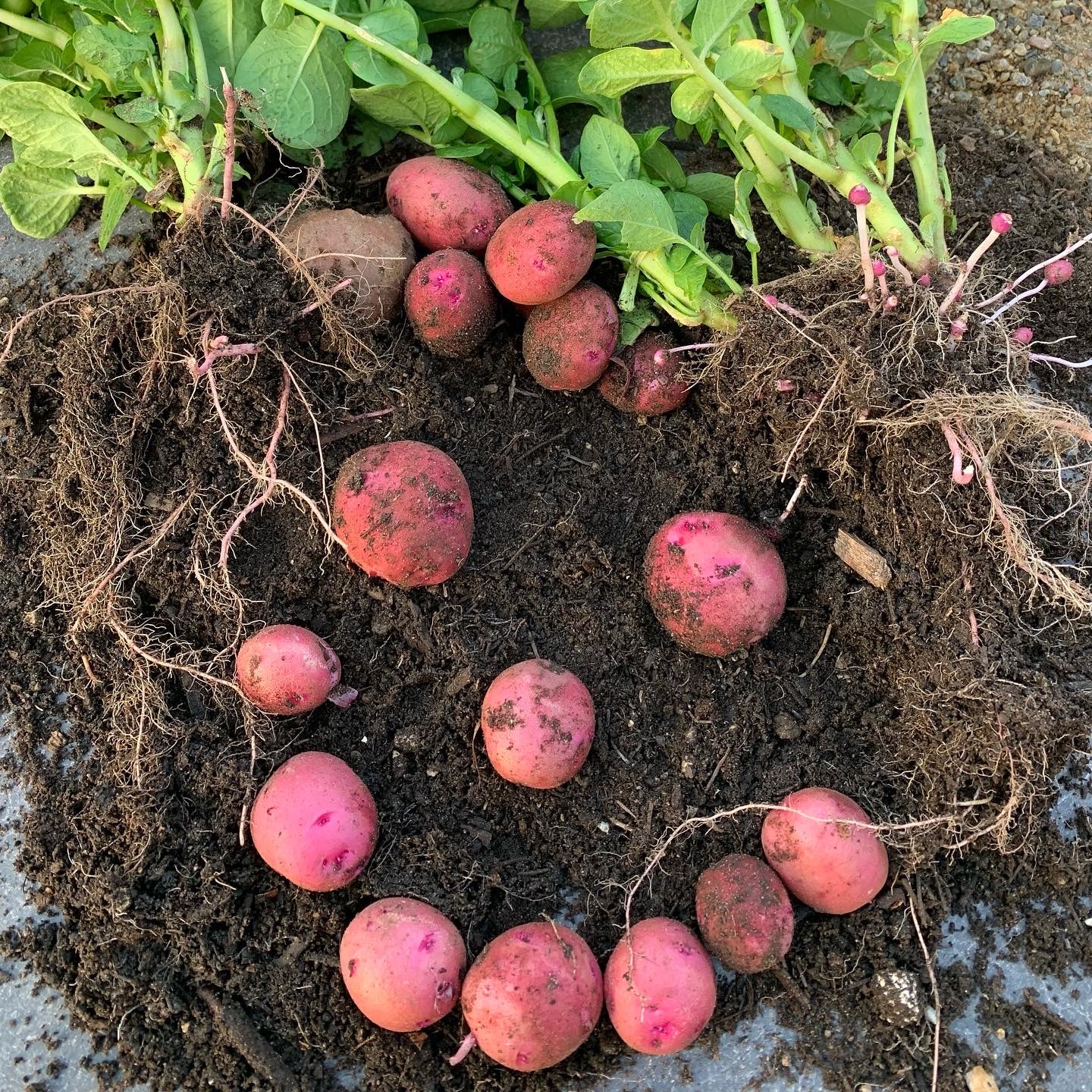
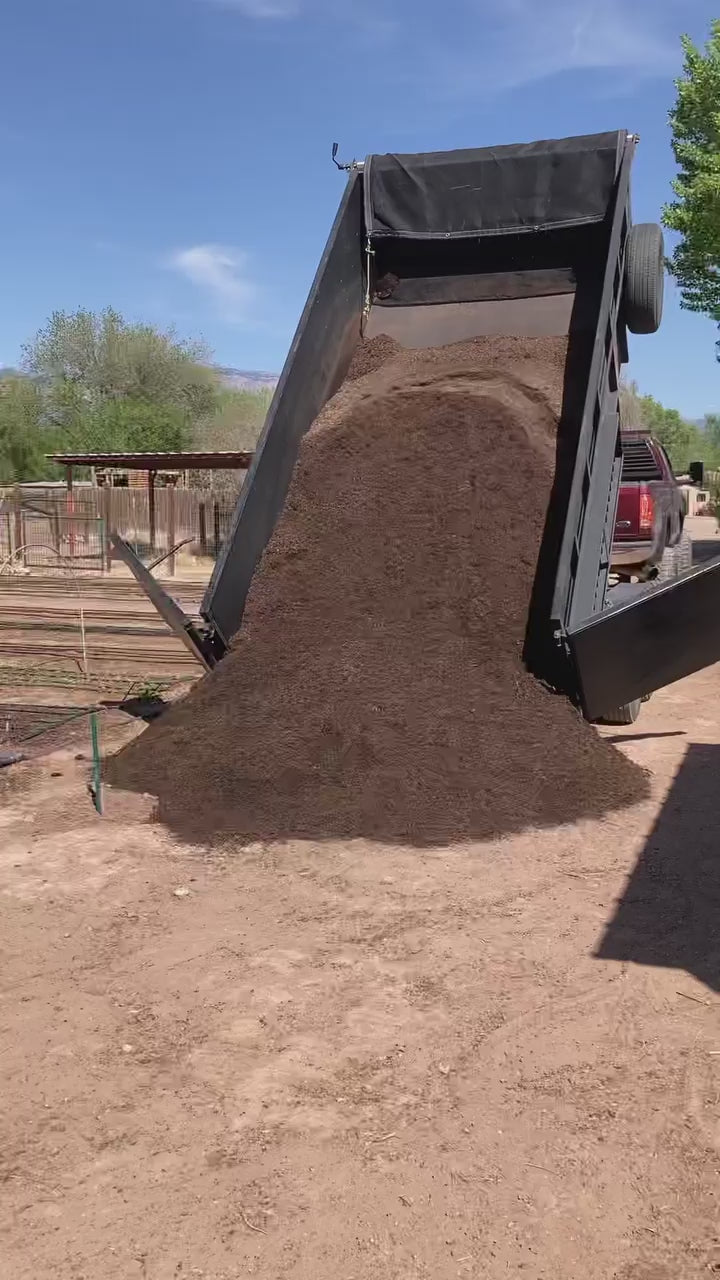
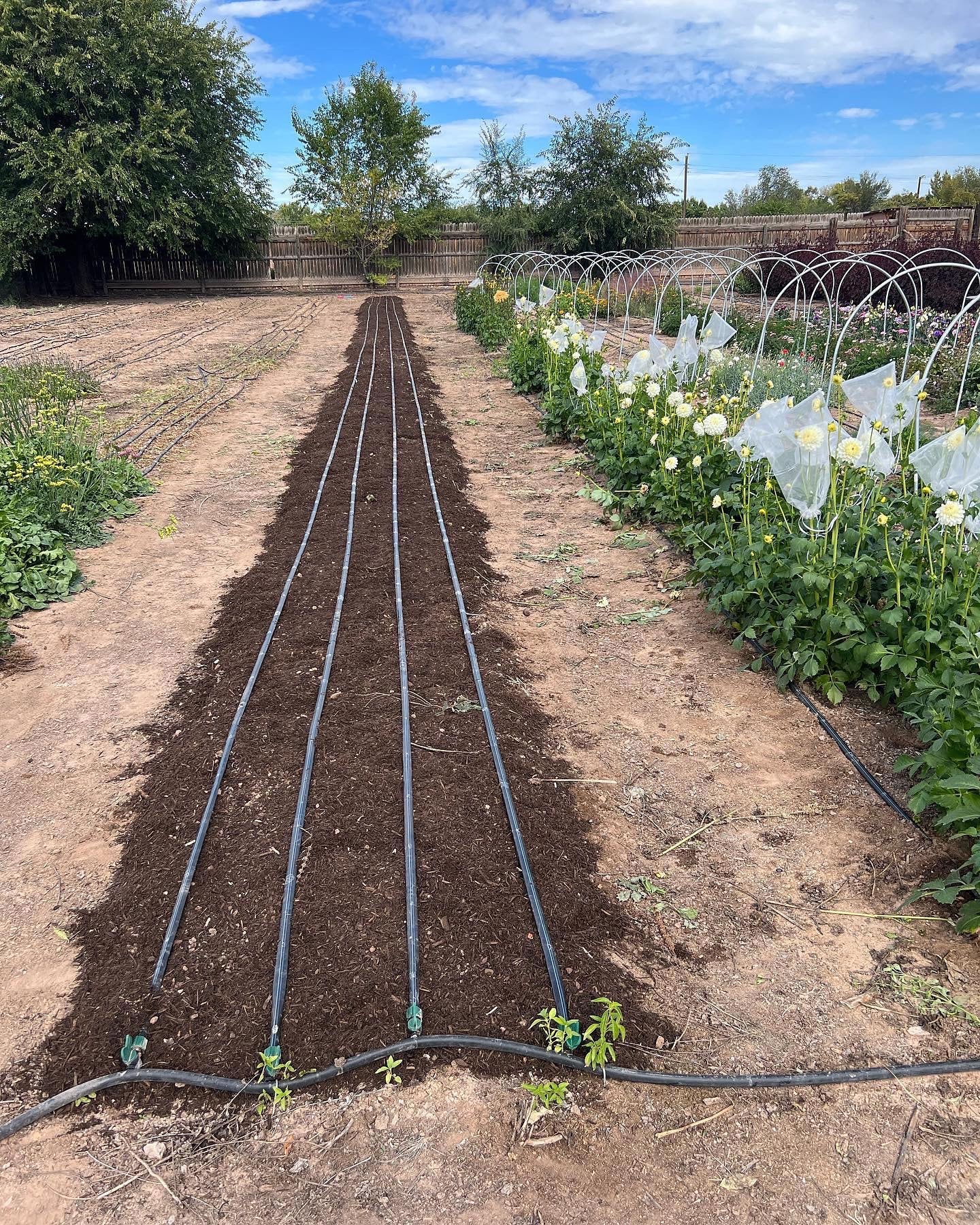
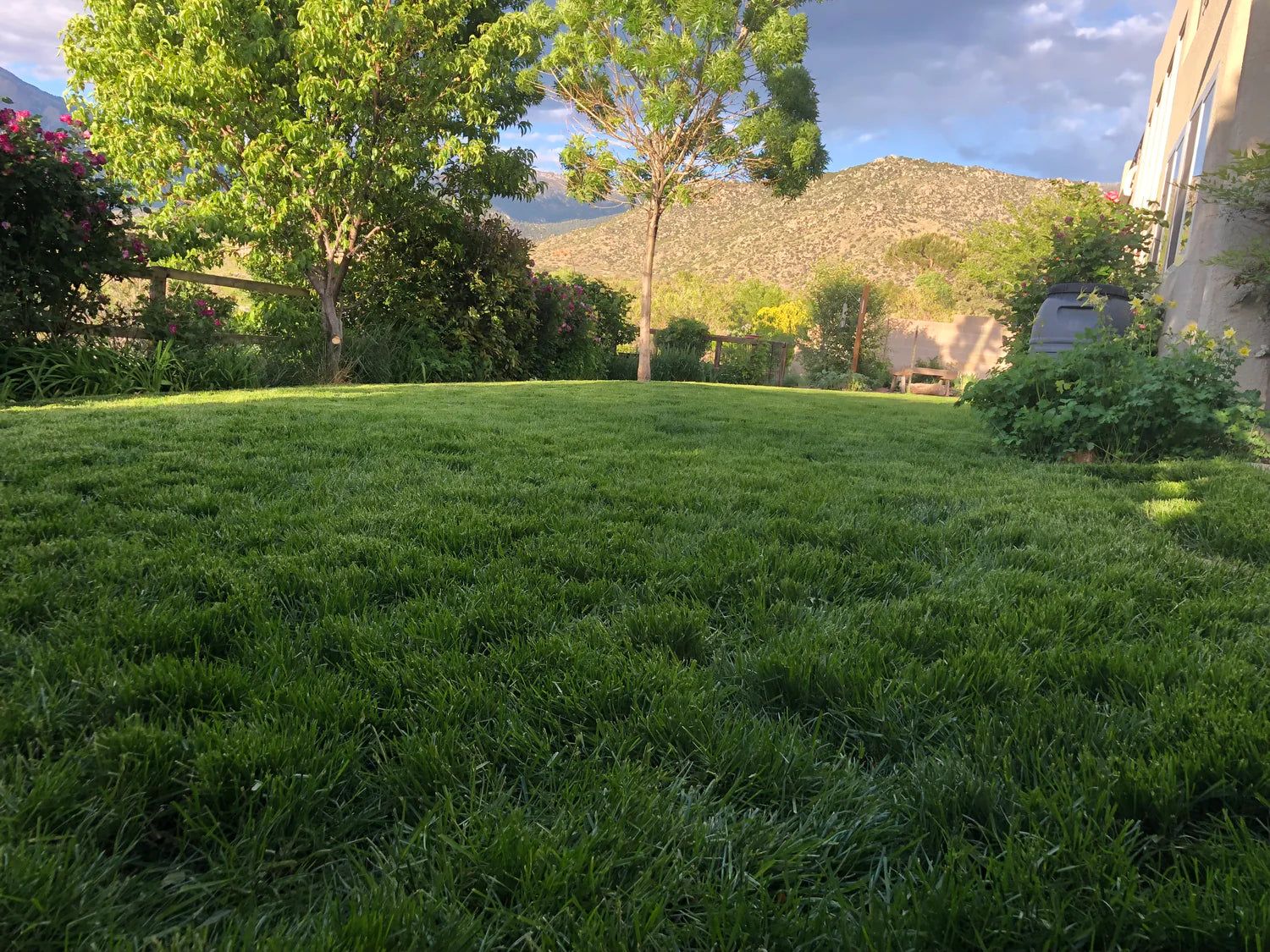
Keep Learning
-
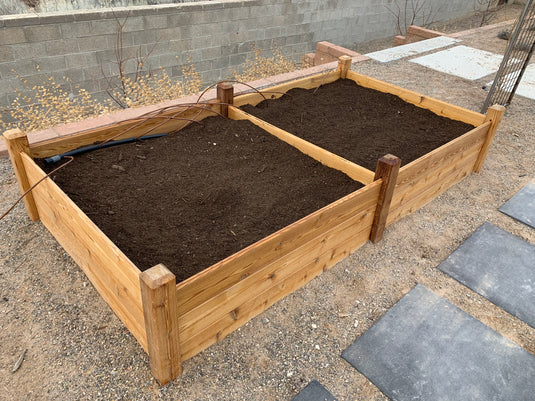
How to Use Compost
LEarn MoreCompost is a soil amendment, or a natural fertilizer that when mixed with dirt can create a complete soil.
-
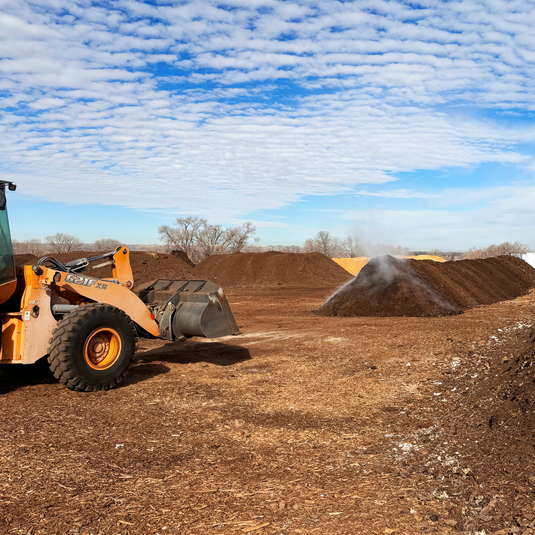
How We Make Compost
LEARN MOREOur production processes are designed to ensure quality while maximizing sustainability through increased organics recycling and production capacity.
-

What is Healthy Soil?
LEARN MOREHealthy soil contains a balance of mineral elements, organic matter, and billions of microorganisms, and so much more.


